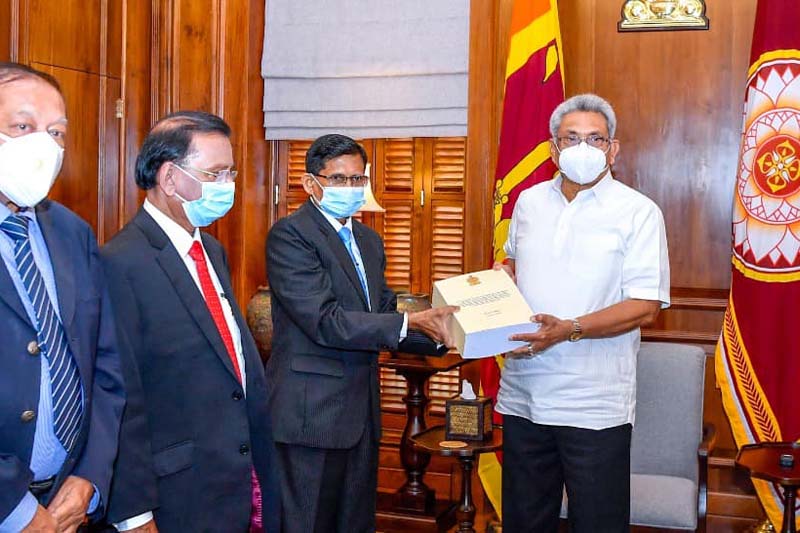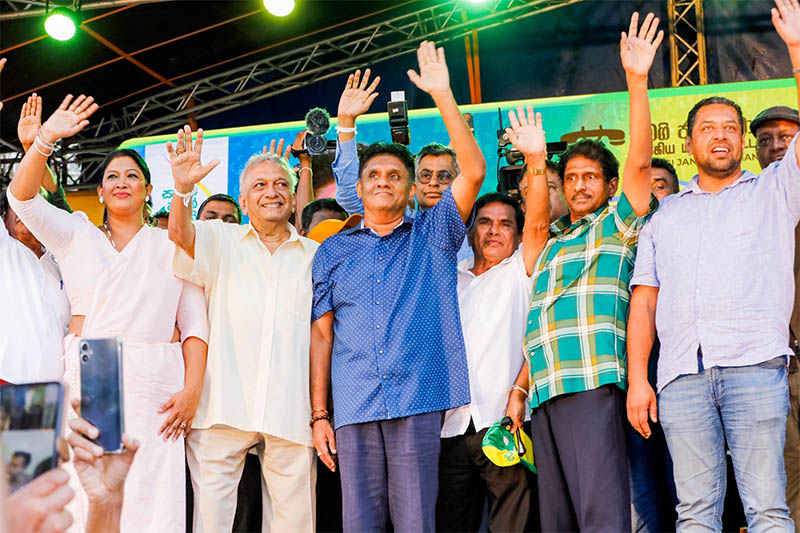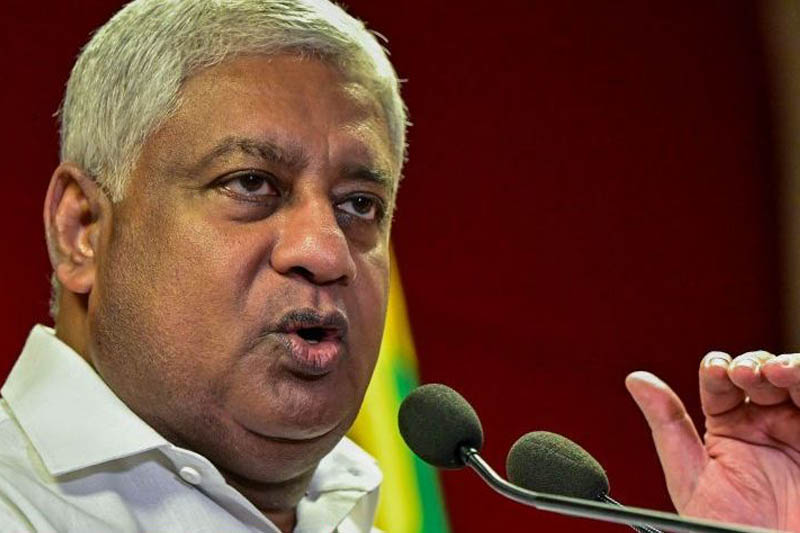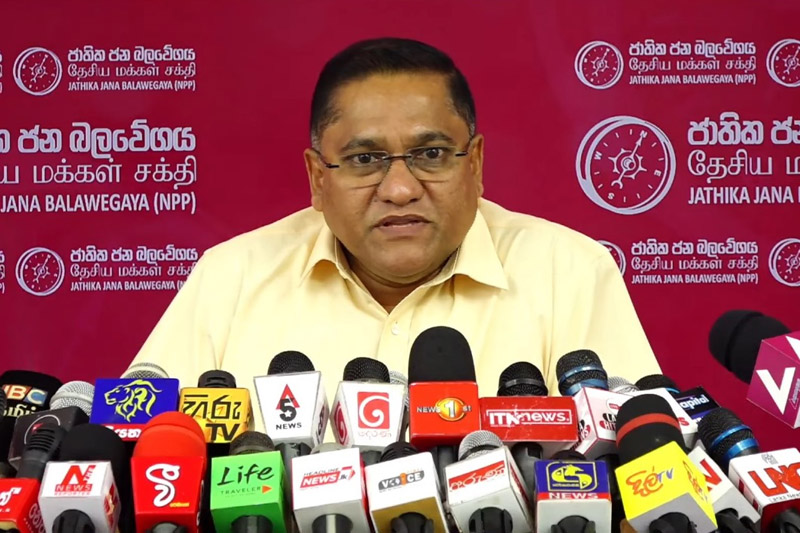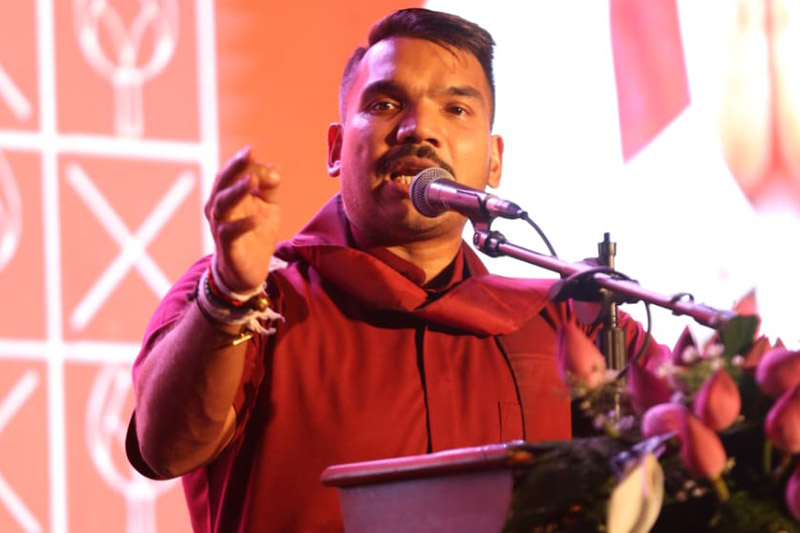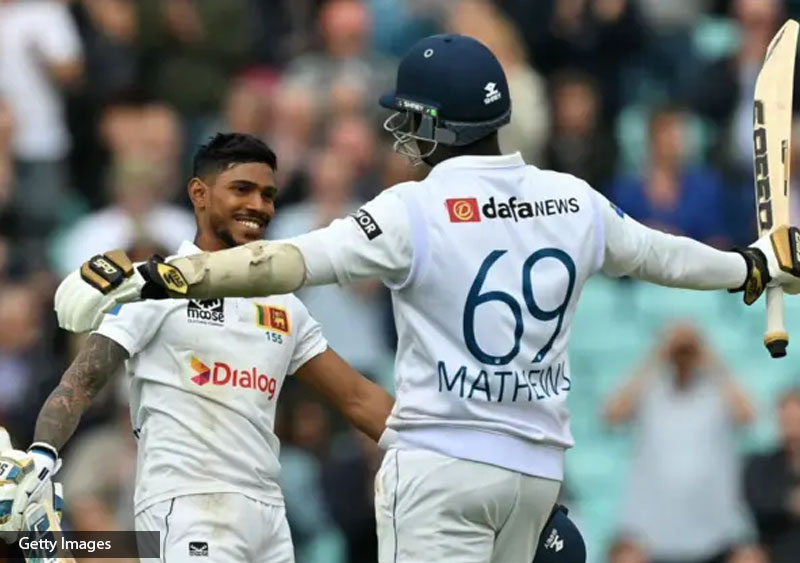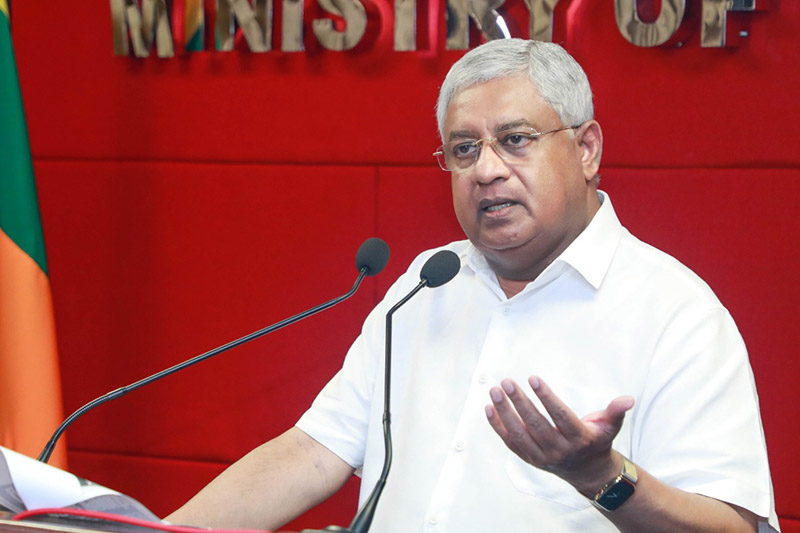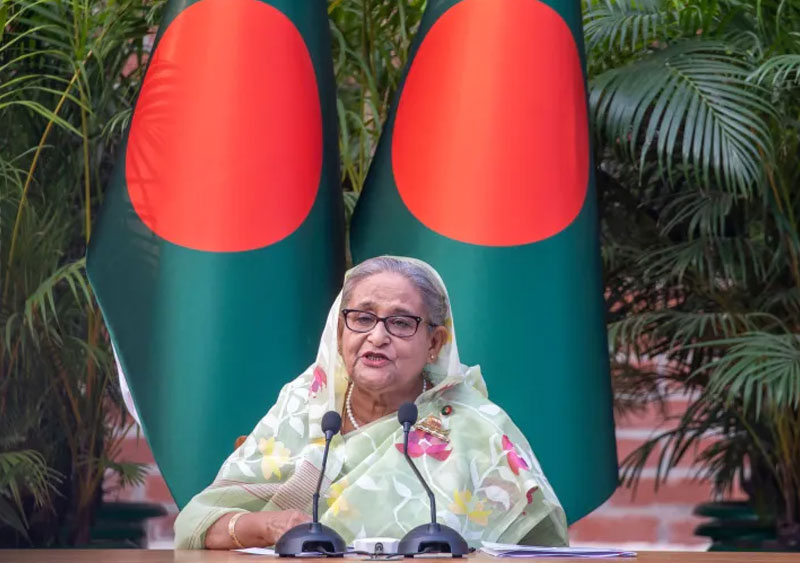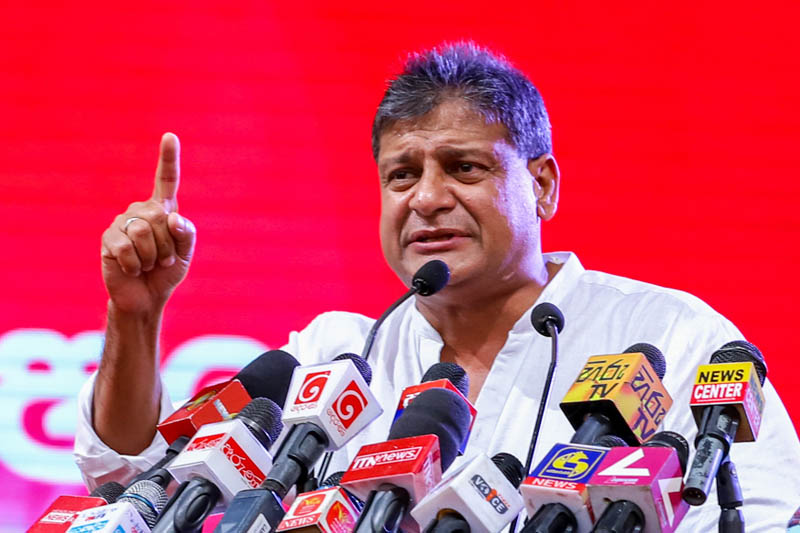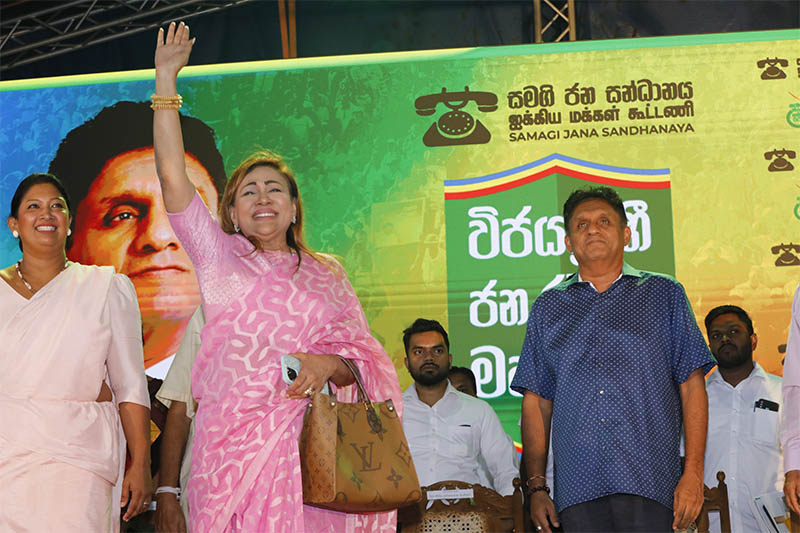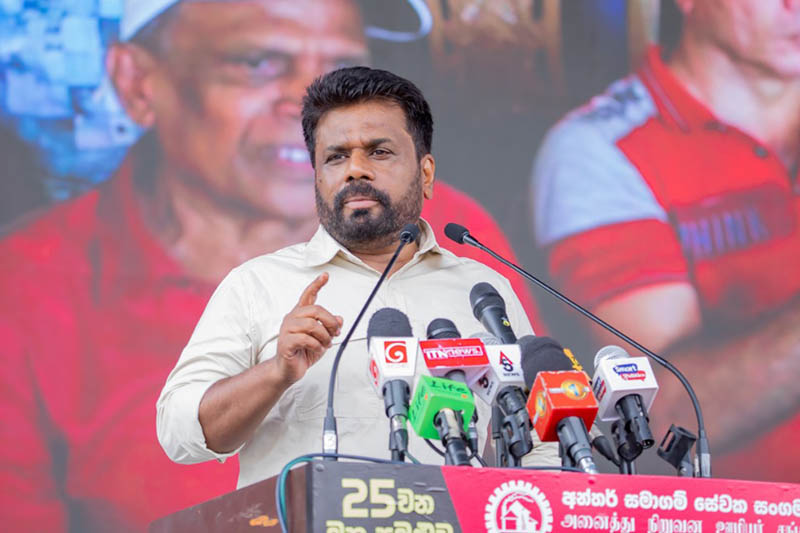The Supreme Court of Sri Lanka has nullified the findings and recommendations made by the Presidential Commission of Inquiry into Political Victimization (PCoI), established by former President Gotabaya Rajapaksa.
The Presidential Commission had implicated nine individuals, including Presidential Secretary Saman Ekanayake, former Navy Commander Travis Sinniah, former CID Director Shani Abeysekara and Sandhya Eknaligoda.
The court ordered the government to pay legal costs of Rs.150,000 to each petitioner.
The verdict stated that the actions taken by the commission were unlawful and violated natural justice principles.
It further declared that the commission’s investigations and recommendations infringed on the fundamental rights guaranteed by Article 12(1) of the Constitution.
The court examined nine petitions challenging the findings and recommendations, ultimately deciding to nullify the gazette notifications that included the commission’s conclusions.
The decision was delivered by Chief Justice Vijith Malalgoda, with the concurrence of Justices Achala Wengappuli and Arjuna Obeysekere.
The commission, led by retired Supreme Court Justice Upali Abeyratne, was established by a gazette notification on September 2, 2020, under the directive of then-President Gotabaya Rajapaksa.
After conducting its investigations, the commission submitted a report with recommendations to the President.
These findings and recommendations were contested by the petitioners, who filed separate fundamental rights petitions in the Supreme Court.
Petitioners included Presidential Secretary Saman Ekanayake, former Navy Commander Travis Sinniah, former Chief of Naval Staff Admiral Susith Bandara Weerasekara, former CID Director Shani Abeysekara, former Senior Deputy Inspector General of Police Ravi Seneviratne, former High Court Judge Padmini Ranawaka Gunathilake, former Secretary of the Commission to Investigate Allegations of Bribery or Corruption Ananda Wijepala, former President of the Bar Association of Sri Lanka President’s Counsel Upul Jayasuriya, and Sandhya Eknaligoda.
Respondents in these petitions were the commission’s chairman, retired Supreme Court Justice Upali Abeyratne, members Chandrasiri Jayathilaka and Chandra Fernando, the commission’s secretary, the Prime Minister, the Cabinet of Ministers, and the Attorney General.
The petitioners argued that they were not summoned by the commission for investigations, nor were they notified about them. The petitions claimed that the commission’s conduct violated Section 7(2) of the Commissions of Inquiry Act No. 17 of 1948 and interfered unnecessarily with judicial matters, thus undermining judicial independence.
The petitions sought the annulment of the commission’s recommendations and the Cabinet’s decision to implement them.
They also requested a temporary restraining order to suspend the implementation of the commission’s findings and recommendations.
During a previous Supreme Court hearing, then Attorney General Sanjay Rajaratnam informed court that the Cabinet had decided not to act on the commission’s recommendations and findings.
However, attorneys for the petitioners argued that the recommendations and findings remained in effect, potentially impacting the petitioners if the Cabinet’s decision was altered.
They urged court to examine the petitions, leading to a detailed review of arguments presented by both petitioners and respondents before reaching the final decision.
(Daily News)

